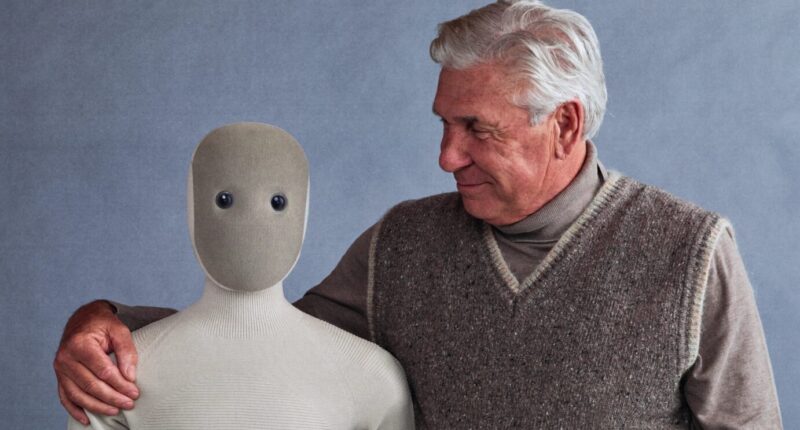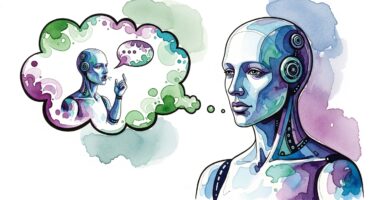Older adults in Japan show a broad openness to home-care robots when privacy, safety, and trust are ensured, though a significant gap exists between their willingness to share personal data with healthcare professionals versus robotics companies, according to research addressing the country’s looming shortage of 570,000 care workers by 2040.
Researchers at Chiba University surveyed 4,890 participants, including older adults, families, caregiving staff and robot developers, about their willingness to use home-care robots and share personal data. The findings were published in the journal Computers in Human Behaviour.
Out of 1,122 potential users and 83 developers, the results showed that willingness to use home-care robots varied by age and familiarity. People under 65 were most open to using robots, both for themselves and their families. Women were slightly more positive than men, whilst participants who followed robot-related news or were interested in testing new robots were also more willing to use them.
“Crucially, the results indicate that greater collaboration between users and developers, together with careful attention to ethical considerations, is essential for accelerating the adoption and societal implementation of home-care robots,” says Professor Sayuri Suwa from the Graduate School of Nursing at Chiba University, who led the research.
Safety and privacy
Developers were mainly concerned about safety and privacy. Both users and developers who supported robot use said that protecting privacy was important, whilst also expressing a desire to participate in developing and improving home-care robots.
When sharing personal data, approximately 80 per cent of users said they were willing to share information, such as vital signs and voice data, with healthcare professionals for research purposes. However, only 40 to 50 per cent were comfortable sharing that data with robotics companies, demonstrating that trust and transparency are key factors in how people view robots.
The research team included Dr Yumi Akuta from Tokyo Healthcare University, Dr Naonori Kodate from University College Dublin, Dr Wenwei Yu from Chiba University and Dr Mayuko Tsujimura from Shiga University of Medical Science.
Participants were asked whether they would use home-care robots when receiving care themselves or when caring for a family member. They were also asked what types of personal information, such as vital signs, voice recordings and location data, they would be comfortable sharing with robots.
“Our results conclude that a collaborative ecosystem involving all stakeholders, aligned with ethical principles and shared interests, is essential for the successful development and implementation of home-care robots,” says Professor Suwa.











